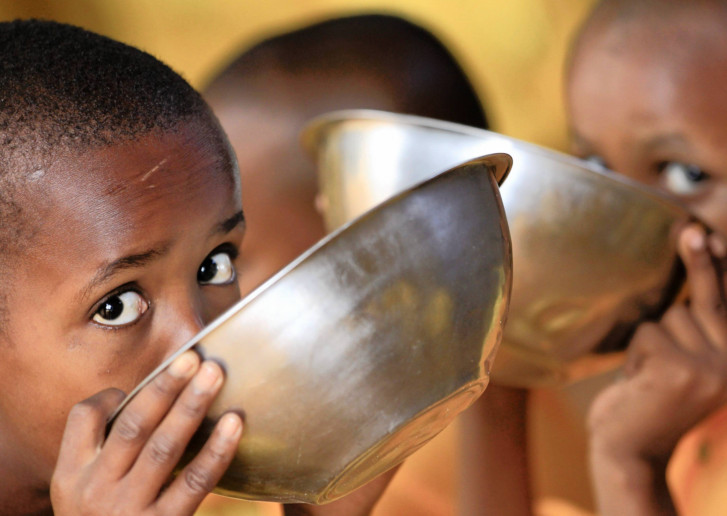Africa has more than 60 percent of the globe’s arable uncultivated land. But the continent imports a lot of rice, maize, poultry products, sugar and other food products from the United States, China, South America and other parts of the world.
Africa’s poultry industry, for example, has struggled over the years because imported products are usually less expensive than those that are home-produced. This has led to the local poultry industry collapsing in many African countries.
Isn’t it curious that poultry products produced in France and shipped across the Atlantic Ocean, all the way to Togo, could cost about 50 percent less than chicken meat produced in the capital city of Lome?
This is mainly because producers in advanced economies benefit from government subsidies, lower production costs and economics of scale from managing larger operations. Additionally, poor road and railway infrastructure can make it more expensive to transport foods from Africa’s rural areas to urban centers than to ship in products from overseas.
In the rice sector, for example, a lot of consumers shy away from local produce on the claim that imported ones from the US and Thailand have better taste and aroma. For some food products like maize, Africa’s capacity to produce enough and process it for long term storage is simply non-existent, thus encouraging importation.
What opportunities can lockdown bring?
With COVID-19 making it more difficult to produce, process and move food across the world, a report published by the World Food Program (WFP), Food and Agricultural Organization (FAO), USAID and 13 other organizations has called for scaled up support for local food markets, as well as local processing and transport systems to help cushion the global food supply chain from the pandemic.
African farmers agree now is the right time to give farmers increased support so they can produce and distribute food in their localities without having to transport products over long distances.
“There can be more than enough food here that can feed us without importation,” Opambuor Oboadie Bonsu, president of the Concerned Farmers Association in Ghana Nana, told the Alliance for Science. “In this era of COVID-19, everywhere is on lockdown. It is now time to stop the importation of food and consume local food. More investments are needed in roads and other areas to transport the food.”
Role of quality seeds in improving productivity
According to Ghana’s minister for food and agriculture, the government is committed to increasing investment in the agricultural sector to help the country cut down its annual $2.4 billion food import bill, almost half of which is spent importing rice.
Ghana already has increased annual local production of rice from 150,000 metric tonnes in 2016 to 655,000 metric tonnes in 2019 as part of its plan to become self-sufficient in about three years through investments in better seeds, among other approaches.
“This year, we expect to grow even more,” Afriyie said. “And it’s all hinging on the quantity of improved seeds of rice we are distributing. The Ghanaian farmer has proven beyond doubt that with the right support from government, they will deliver. And they are delivering.”
Dr. Yemisrach Melkie Abebaw, an Ethiopian scientist with the Plant Biotechnology Research team at the Ethiopian Biotechnology Institute, said one sure way to make the continent less dependent on imported food is to take advantage of genetically modified (GM) seeds.
“Genetically modified crops represent one of the modern biotechnology approaches with the capability of changing the fate of agriculture in the new millennium,” she said. “The creators of GM crops emphasize the potential of genetic engineering to benefit society by increasing crop yields, improving food quality and developing environmental stress tolerant crops.
“GM crops have the potential to contribute to current effort to address the major agriculture challenges in Ethiopia, including low productivity, pest and diseases, drought, malnutrition, climate and environment change, and post-harvest-losses,” she added. “It provides new tools to develop abiotic and biotic stress tolerant varieties.”


